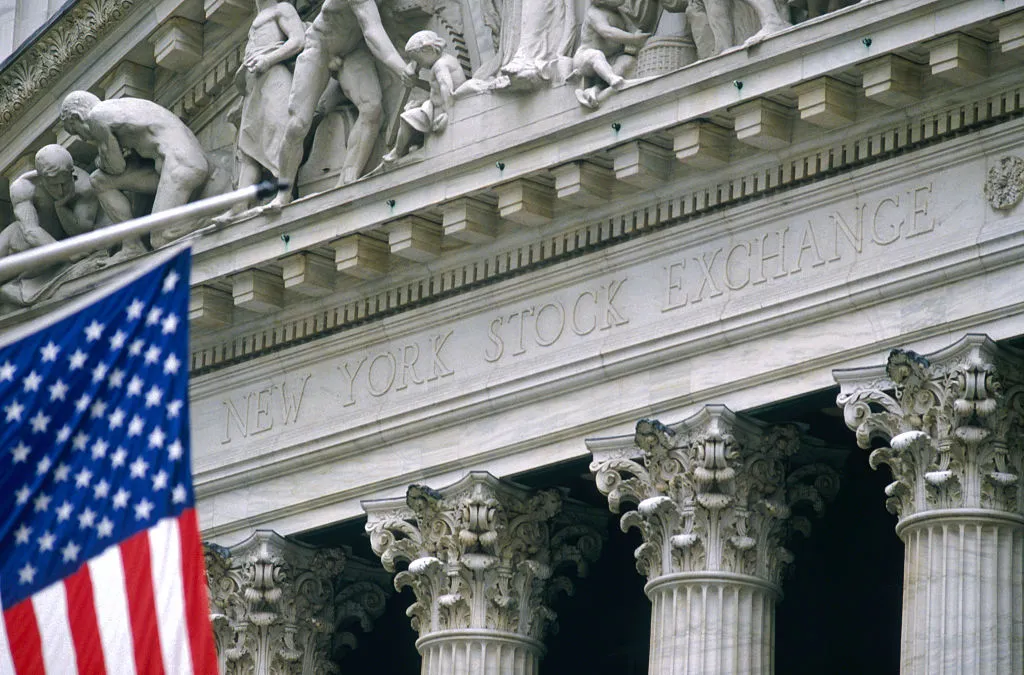Traditional Finance Embraces Crypto: Why Banks and Institutions Are Tuning In to Blockchain

Why is financial institutions adoption crypto and blockchain increasing?
Key Takeaways
- The rise of crypto and blockchain technology forces traditional financial institutions to adapt or risk being left behind.
- Banks and other institutions are exploring a variety of ways to incorporate blockchain technology into their operations.
- Anyway, the adoption of blockchain technology by traditional financial institutions is still in its early stages.
The once-distant relationship between traditional finance and cryptocurrency is rapidly evolving. While once viewed as a fringe technology, blockchain and its associated cryptocurrencies are increasingly gaining traction within mainstream financial institutions.
This newfound embrace of crypto by banks and other traditional financial players is driven by a confluence of factors, including the growing demand for digital currency, the potential for blockchain to streamline financial processes, and the need to adapt to evolving customer needs.
The Central Role Of Tokenization
“Cryptocurrencies are here to stay. This is demonstrated by the growing demand from the major traditional finance institutions for blockchain-based solutions. In 2023 the greatest interest was in tokenization,” said Leena ElDeeb, research associate at 21Shares , the largest ETP provider in the world.
Tokenized assets circulating on the blockchain are worth around $800 million overall. But, thanks to applications for cross-border payments and portfolio management, in 2030, the aggregate value will reach $3,500 billion or $10 thousand billion in the most favorable scenario.
“This trend not only represents an opportunity to make a profit but also a way to increase the efficiency of the entire sector, given that blockchain has always been at the forefront in reducing commissions and accelerating the development of a shared transaction regulation,” ElDeeb said.
Last August 31, Swift created a common access point for multiple networks, using a secure and already operational infrastructure, considerably reducing the investments required to support the development of tokenized assets. Even the London Stock Exchange has declared its intention to exploit blockchain to create a new trading area. According to some estimates, with this move, the LSE will save up to 65% of issuance costs.
The Benefits In Currency Market And Asset Management
Tokenization can also play an important role in the currency market, where decentralized infrastructure could reduce costs by up to 80%, and in asset management.
Through this solution, on the one hand, fund managers will be able to exploit interoperability protocols to exchange and rebalance portfolios on various blockchains; on the other hand, there will be a strong increase in efficiency, as it will be possible to condense around 3,000 operational steps into a single automated process.
Finally, this allows for significant savings, reducing commissions by around 20%, and unlocking additional annual revenues from the tokenization of alternative assets, worth $400 billion.
Payment Giants Rely On Blockchain
As for cross-border payments, blockchain technology will be able to reduce costs by $10 billion by 2030, a trend that has determined the success of stablecoins, which pushed PayPal to sign a partnership with Paxos (issuer of the latter) to launch your own stablecoin. This is a very attractive sector worth around $129 billion.
Another giant that has recently played a crucial role in this segment is Visa. In collaboration with Worldpay and Nuvei, it has allowed businesses that have access to the Solana network to send and receive USDC. In this way, the company would see the expenses generated by cross-border operations significantly reduced.
To give an idea, Visa incurs transaction costs from 1.15% + $0.05 to 2.4% + $0.1. With Solana, this share would be around $0.000125.
More Regulation May Help Crypto Adoption
As crypto infrastructure continues to revolutionize traditional finance, 21Shares prediction is that more and more institutions will begin to exploit its potential to gain more customers around the world, but there is a need for greater regulatory clarity.
“This would encourage even the most conservative stakeholders to capture some of the benefits of this rapidly expanding field,” ElDeeb concluded.
Clear regulatory frameworks will provide much-needed clarity and legitimacy to the cryptocurrency landscape, addressing concerns about market manipulation, consumer protection, and financial stability. This will attract more institutional investors, who often shy away from unregulated markets, boosting confidence and propelling crypto into the mainstream financial system.